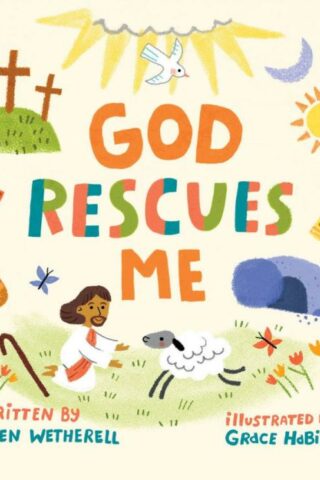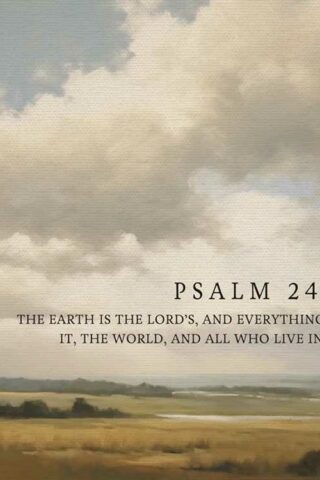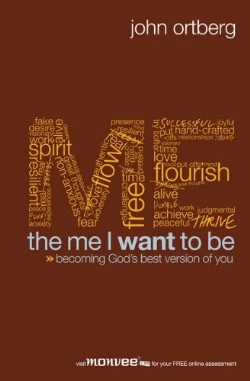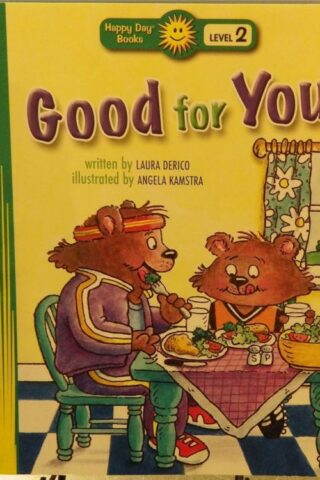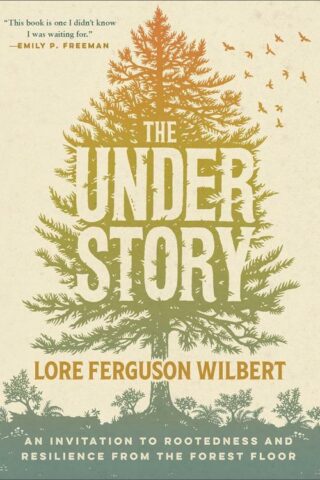Paul Kissling
Showing the single result
-
Genesis 2
$40.99Genesis is not merely an Old Testament book. Genesis is the beginning of the Bible’s macro-narrative, the over-arching narrative which stretches from the creation in Genesis 1 and 2 to the new creation in Revelation 21 and 22. To read Genesis as Christian Scripture requires that we also read Genesis in light of its meaning for Christians who know Jesus Christ to be the ultimate seed of Abraham (Gal. 3:16).
This section of Genesis differs from chapters 1-11 in two main ways. First, it deals with the chosen family, the precursor to the nation of Israel. Second, it focuses much more on the lives of individual characters who come to life on its pages. A predominant theme in this section of Genesis is the concept of election or “chosenness,” referring to God’s choice of particular individuals as the human channels of his blessing to the entire world. Often God’s choice runs counter to the human choice. Isaac is chosen over Lot and Ishmael; Jacob over Esau; Judah over his older brothers Reuben, Simeon and Levi. Joseph, the tenth son, is elevated above his brothers. The chosen nation descends from a series of individuals chosen for other reasons than their order of birth or expected social status. Israel is a chosen nation descended from the unlikely and improbable choices that God made of individuals. This theme of God’s surprising choices binds the narratives of Genesis together and hints at the humility that the chosen nation Israel must have toward their own election.
Unlike the earlier section of Genesis where human characters are little more than types, in this section of Genesis we have full-fledged characters such as Abraham and Sarah, Isaac and Rebekah, Jacob, Joseph and Judah. With fullfledged characters comes the complexity and ambiguity of such characters. The characters in Genesis are not portrayed as good Christian people! They were not Christians and their narrative portrayals are not simplistic. The lessons we learn from them come as much from their weaknesses and mistakes as it does from their moral examples. The characters of Genesis are not white-hatted heroes riding white horses or black-hatted villains riding black ones. The message of Genesis is elsewhere than in simplistic moralizing.
Genesis 12-50 makes clear that even the chosen family is itself significantly sinful. This prepares the ground for the Bible’s great surprise ending. God himself, in his son Jesus the Messiah, the son of David, the son of Abraham, took on flesh and b
Add to cartin stock within 3-5 days of online purchase

